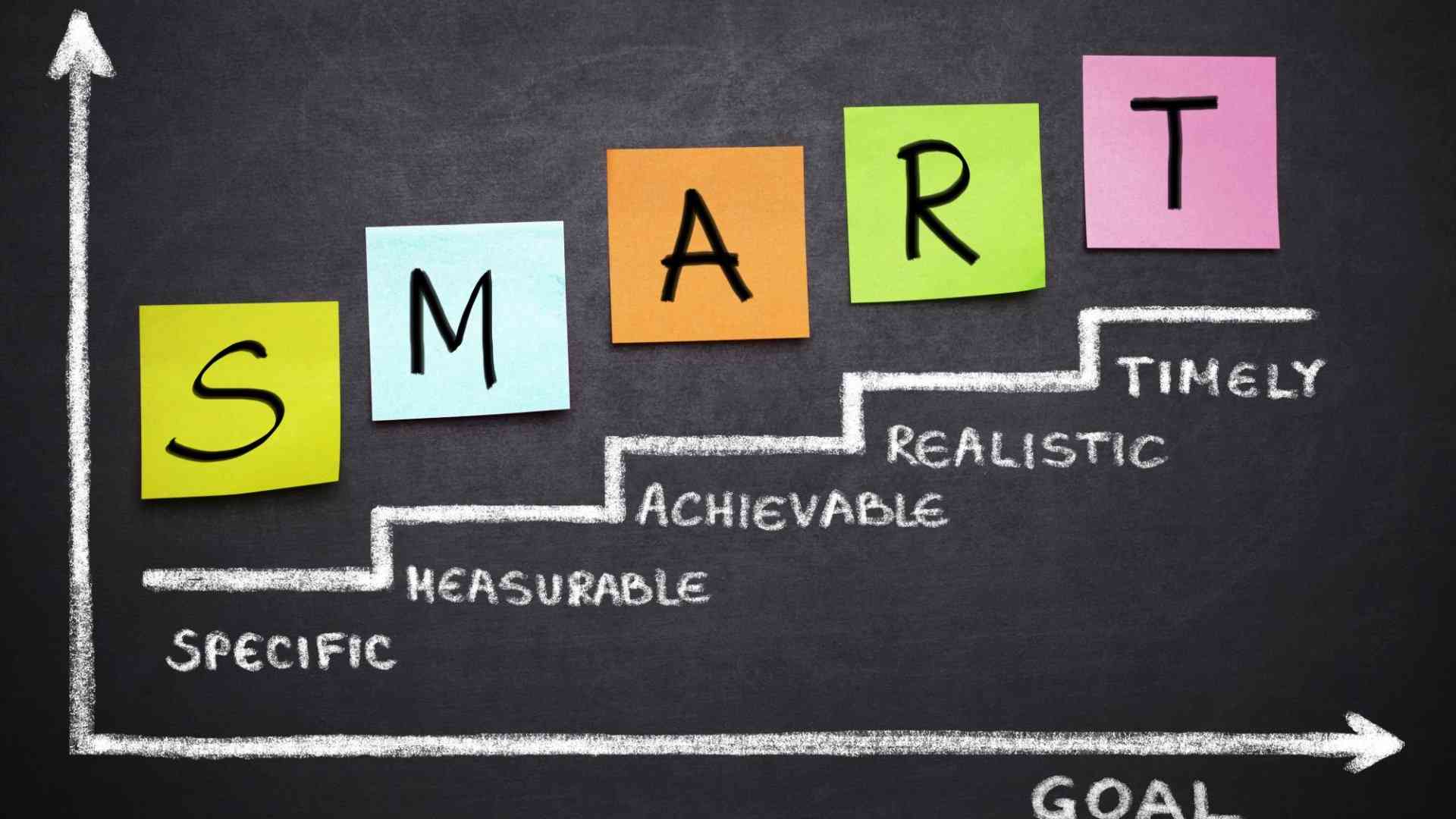
A MILESTONE is a significant stage or event in the development of something. A goal is the object of a person’s ambition or effort, it is an aim or desired result.
Milestones allow us to see what we have accomplished and goals help us to see how we can accomplish more.
People who do not write down goals are not as successful as they can be. They are also less likely to accomplish their dreams.
Most will ask themselves, “Do I need to set goals?” The simple answer is yes! People need to create goals and be committed to them. Actionable steps or a plan should accompany our goals. In the absence of a plan, we are less likely to fulfil our ambitions.
The SMARTER approach is applicable when setting goals. This acronym is used to establish criteria for effective goal-setting and objective development.
This includes having specific, measurable goals with clear and well-defined actionable steps that are relatable and time-bound. Progress should be evaluated and small wins should be rewarded.
Specific
The more specific our goals, the easier it will be to quantify and measure progress. When an individual plans to lose weight, instead of just listing this as a goal, one can be specific and highlight how much weight they intend to lose.
- Mavhunga puts DeMbare into Chibuku quarterfinals
- Battle of Zim abandoned
- Funding spurs mothers’ fight against malnutrition
- Funding spurs mothers’ fight against malnutrition
Keep Reading
Measurable
Make your goal and progress measurable. In the above example with weight loss, an individual can measure how much weight they have lost in terms of kilogrammes.
Actionable steps
You should be clear on what action is needed in order to accomplish your goal within a given period. Begin each listed item with a verb. This way the action that needs to be taken is clear. For example, instead of “I want to make US$1 000 dollars”, one can say, “I will sell product X in order to make US$1 000 dollars.” Avoid the use of the verb want as it signifies a state, rather than an action.
Relevant
The goal needs to be relevant to one’s purpose in life. Your goal should align with your values, principles and long-term objective.
Time bound
Goals need reasonable deadlines so that we have a sense of urgency. Without a deadline, the plan may never make it into reality.
Evaluate your progress
Instead of rarely checking your progress, you should have set days every month in which you assess your progress.
You should also revisit your list of goals weekly. This helps you to remember what you are trying to achieve so you can take action.
Rewards
Celebrate small wins. When goal setting it can be useful to state rewards that can serve as motivation. An example of this: “When I finish working on this project, I will reward myself with a personal purchase of US$50 that I would not normally make.”
As we focus on the end goal, we should not neglect the journey towards it. Day to day life does not consist of big, life-changing events, but rather it comprises several small wins. These small, consistent wins will eventually compound to a greater achievement. It is important, therefore, for one to have a daily plan and weekly schedule. Incorporating the use of a vision board, or journaling can also help one to regularly assess progress made.
“To begin with the end in mind means to start with a clear understanding of your destination. It means to know where you’re going so that you better understand where you are now and so that the steps you take are always in the right direction,” said the late American educator, author, businessman, and speaker Stephen Covey.
Finally, fear for many, is a significant barrier toward success. Make fear your friend. Do not be afraid to fail, instead view it as a stepping-stone towards success.
Through failure, we cultivate resilience, innovation and it helps us to build character. When we fail to meet a goal, we should evaluate our performance and refine the plan. Avoid procrastination.
The longer we put off our goals, the less likely we are to perform them. As we work towards our goals, we should build systems that promote discipline. This will guarantee lasting success.
In conclusion, when paired with daily and weekly planning, journaling or the use of a vision board, The SMARTER goal setting system is a dynamic tool that is useful in setting successful, attainable goals.
“You can’t go back and change the beginning, but you can start where you are and change the ending,” said the late British writer, literary scholar, and Anglican lay theologian Clive Staples Lewis.
- Rutendo Kureya is a medical student at Saint Petersburg State Paediatric Medical University. She is passionate about issues concerning the state and welfare of fellow Zimbabweans. She can be reached at [email protected]. Mobile: +7 996 274 98 66 Facebook: Rutendo Kureya. She writes here in her personal capacity.







